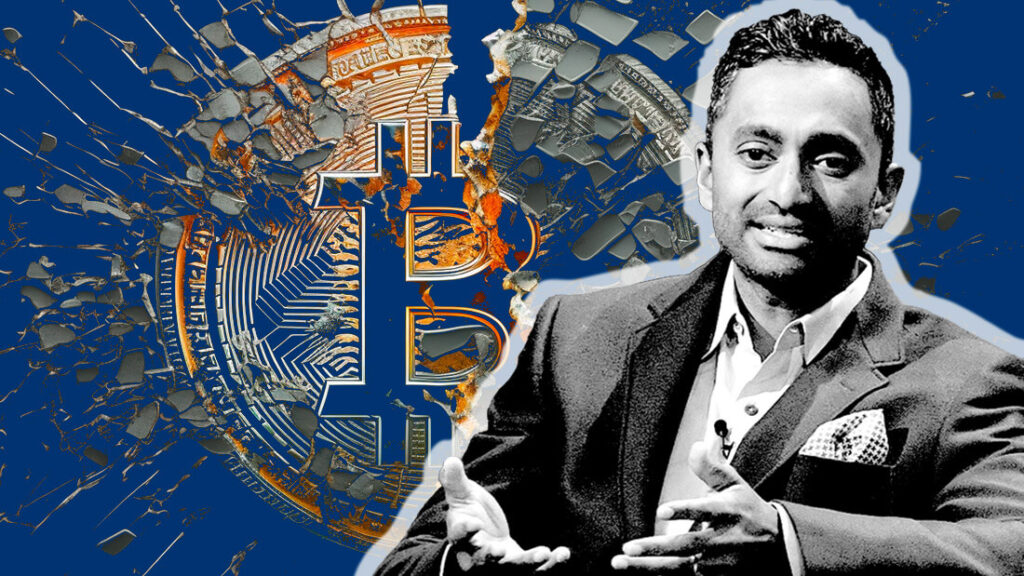Venture capitalist Chamath Palihapitiya said, “Crypto is dead in America.”
His grim assessment of the U.S. crypto market came during an interview with the All-In Podcast – with Palihapitiya laying the blame on hostile regulators.
Operation Choke Point 2.0
Since the start of the year, multiple crypto exchanges and projects have been served with enforcement actions at the hands of U.S. regulators, including Coinbase, which, on March 22, received a Wells Notice informing of pending action over securities violations.
The frequency of enforcement actions, including against Binance, KuCoin, and Kraken, had raised suspicions that the crypto industry was under a coordinated attack.
Many in the community, including Anthony Pompliano, Nic Carter, and Caitlin Long, concluded that the attack took the form not only of regulatory enforcement action but also through de-banking.
Under an Operation Choke Point 2.0 scenario, observers pointed out that crypto companies are being marginalized by loss of banking access.
Similarly, crypto-friendly banks have been targeted, including Custodia Bank, which was denied a Fed master account and rejected for Federal Reserve System membership – Long inferred that the decisions were made as part of an anti-crypto agenda.
Crypto is dead at the hands of U.S. regulators
Commenting on the state of the U.S. regulatory landscape, Palihapitiya said, “The United States authorities have firmly pointed their guns at crypto.”
The former Facebook exec believes this is motivated by crypto’s threat to the established order. But at the same time, he conceded that the crypto industry “pushed the boundaries,” leading to the regulatory response we see today.
“In fairness to the regulators, they pushed the boundaries more than any other sector of the start-up economy. And now they’re paying the price for that.”
VC at Craft Ventures David Sacks said that while some crypto firms are guilty of “shady things,” most would agree that Coinbase, as the gold standard in compliance, did not fall into that camp – making enforcement action against them puzzling.
Sacks pointed out that Coinbase had asked numerous times for clarity to accommodate the rules. But the lack of response proves that authorities are not seeking dialogue, only prohibition.
“So, I think Chamath is right that they’re effectively banning crypto in the United States.”
Palihapitiya said it is ironic that FTX was the closest to “getting a license” despite its numerous failings as a compliant exchange.


